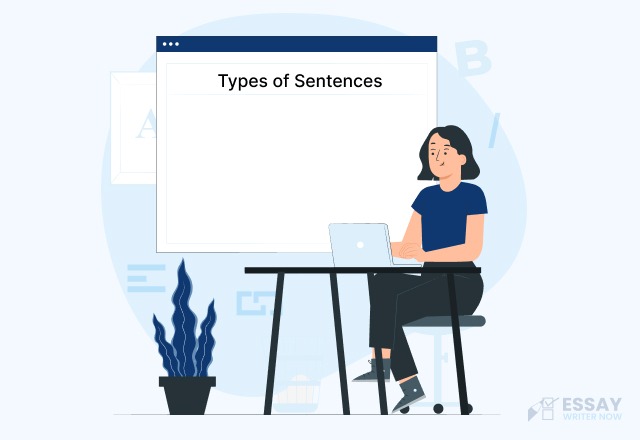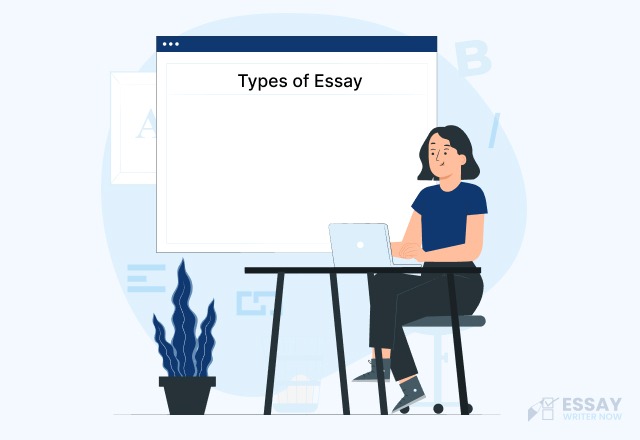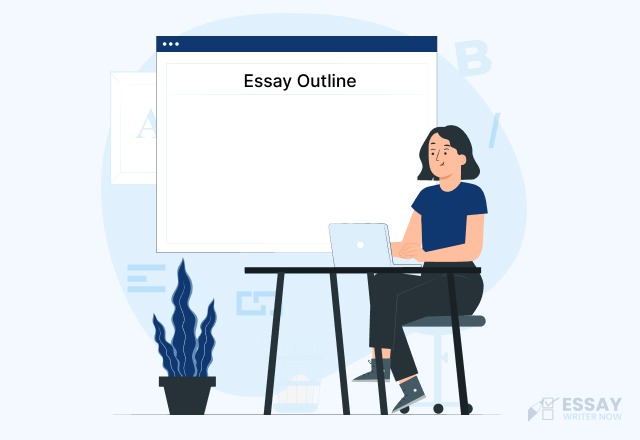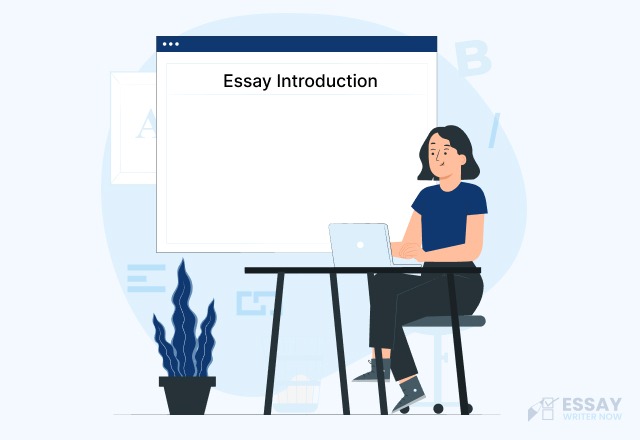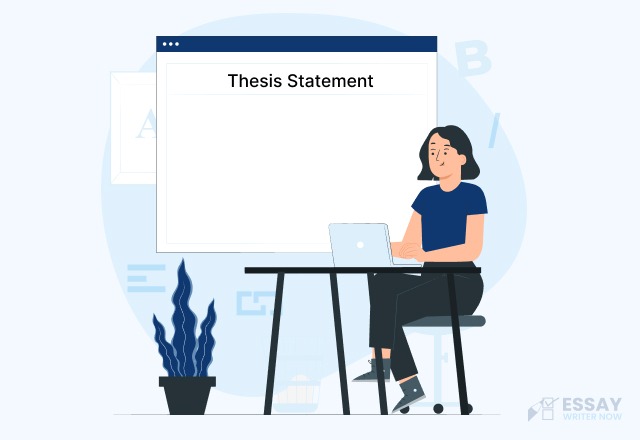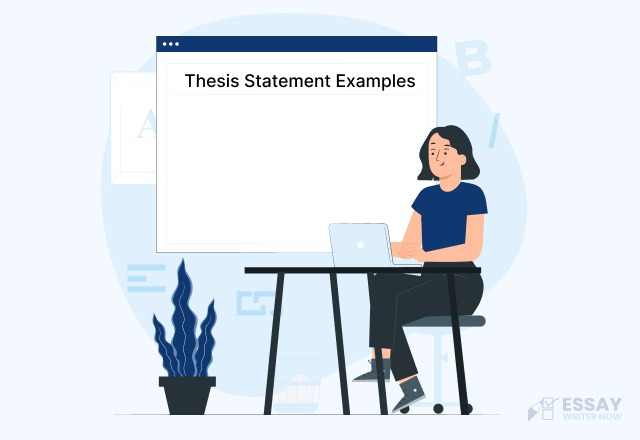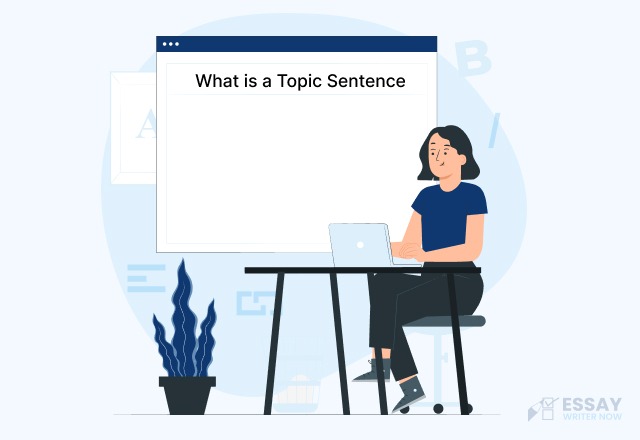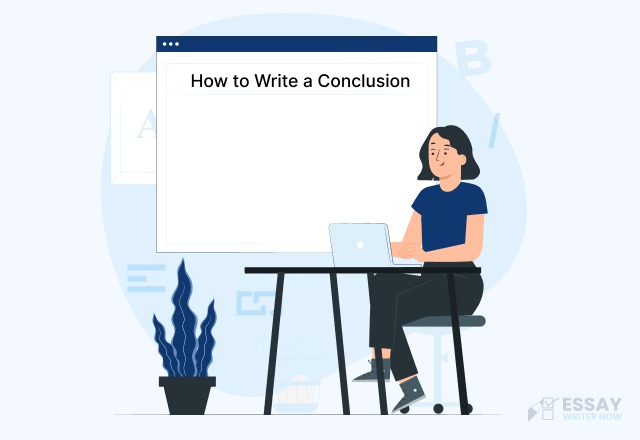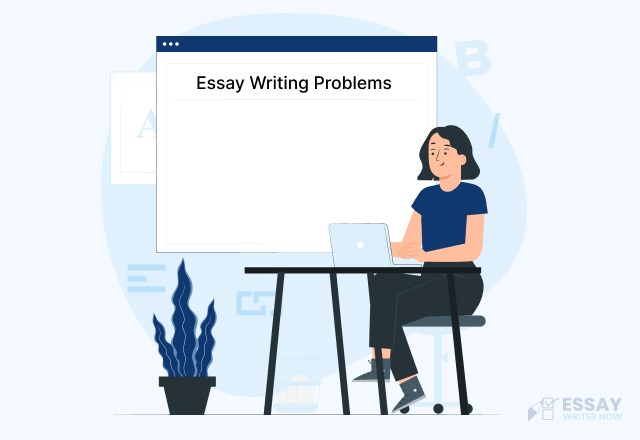What is a Sentence?
A sentence is the fundamental building block of any language. It always starts with a capital letter and ends in punctuation, including periods (.), exclamation marks (!), and question marks (?).
A sentence is a combination of words that expresses an idea. It's important to know how sentences work because they're often used in writing and can have different purposes, like giving feedback or asking questions!
There are three basic parts:
- Subject
- Predicate
A subject, verb, and predicate make up a complete sentence. A key part of any written communication is to have clear intentions with your words. So that the reader can understand what you are trying to say without feeling confused or overwhelmed by an abundance of information.
Types of Sentences
Every sentence has a purpose. No matter what type of thought you want to convey, there are four types of sentences that can help with this goal. They help organize your thoughts quickly and efficiently by understanding the functions each one offers!
Let’s have a look at each kind of sentence in detail:
1. Declarative Sentence
The most common sentence type, declarative sentences, are used to make a statement or express an opinion and always end with a period. These can be either negative or positive in their tone, depending on what is being said at that moment. They're not just for nodding agreement!
Example:
- The boy walked home.
- I love honey.
- I want to become an actor.
- We have a pet cat.
- You sing really well.
2. Interrogative Sentence
The interrogative sentence asks questions and is punctuated with a question mark. These can be the direct "why" or “how” type of question that starts with 'i' and ends in a question mark (?).
Example:
- Why do you like this city?
- What time do you wake up?
- Would you like to have tea or coffee?
- Why are you upset?
- Where do you live?
3. Imperative Sentence
Imperative sentences give commands that tell someone to do something by issuing an order and always end with a period or exclamation point. These sentences express strong emotions. Imperative sentences are powerful and should be used sparingly.
Example:
- Shut the door!
- Please pick up a toy for me.
- Hand me the towel now.
- I said I wanted pasta!
- Wow, he won a gold medal!
4. Exclamatory Sentence
Exclamatory sentences are a uniquely powerful way to express strong emotions. They follow the declarative sentence pattern. They always give information and have an exclamation point at the end.
Other sentence types have periods or question marks at the end. But they are not typically written alone because it is less formal than adding other normal forms of emphasis, like boldface letters next time around!
Example:
- I won the lottery!
- Happy Anniversary, Dear!
- How beautiful she sings!
- Tell me whether it's good news or bad!
- Here you go with a circus ticket!
In conclusion, mastering the major types of sentences is a foundational skill for any essay writer. By varying your sentence structures you can add depth and clarity to your writing. Each type serves a distinct purpose, from emphasizing key points to creating smooth transitions between ideas.
Learning types of sentences, auxiliary verbs, and writing an academic assignment or research paper is not a big deal. These are a necessary part of the English writing conventions. If you want to avoid common problems of essay writing then you need to learn different types of sentences properly.
If you need help with adding variety and balance to your paper, try getting in touch with an expert essay writing service.

